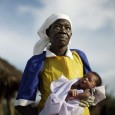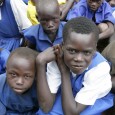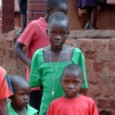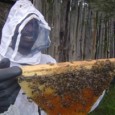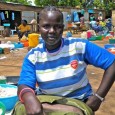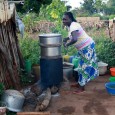Hope Ofiriha’s Magwi County Tree Nurseries Project will replant forests that have been cut down, preserve existing trees, and provide nutritious fruits to combat malnutrition in children.
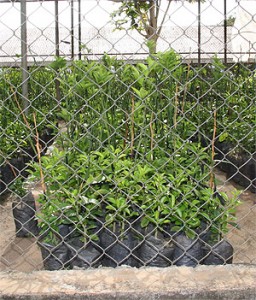 The Challenge
The Challenge
Forests are being cleared in Sudan at an alarming rate, creating one of the worst deforestation crises in the world. Deforestation is eroding soil, reducing agricultural productivity and biodiversity, making local climates drier, contributing to climate change worldwide, and fueling conflict over dwindling usable land. In Magwi County, trees are being cut down for building materials; to make room for farmland; or for fuel wood for cooking, drying tobacco, and firing blocks for reconstruction. Meanwhile, nutritious food is scarce. Almost half of children suffer from malnutrition, and a third of children under five are stunted because a long-term lack of food has prevented their brains and bodies from fully developing.
Our Response
Our Magwi County Tree Nurseries Project will fund equipment, seeds, training, and monitoring to set up 130 nurseries in three villages. Together, they will produce more than a million seedlings per year. The nurseries will grow fruit, indigenous, and fast-growing trees (that do not harm the soil) for fruit harvesting, fuel woods, building materials, and preservation. Local volunteers, with an emphasis on women, will run them and sell the fruit the trees produce for personal income. The project will also organize education programs on deforestation, conservation, and environmentally friendly agricultural practices.
Potential Long-Term Impact
Restoring forests for future generations will slow local and global climate change, create sufficient wood for future needs, prevent soil erosion, and preserve biodiversity. Providing fresh fruit to vulnerable children will help prevent them from dying or having their growth stunted from malnutrition.

